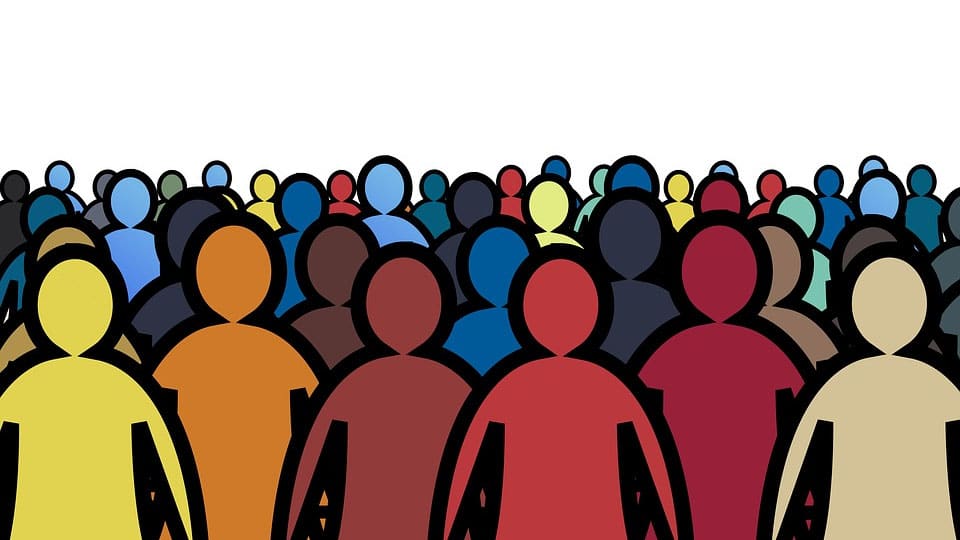An often heard slogan, bordering on tokenism, from the usual flock of public speakers of all hues, mostly on poll eve, is about inclusive society, meaning zero or near-zero gap between the current mass of economically weaker sections in the land and the rest who are comfortably placed in life, thanks to either enormous wealth or more income than to meet all desires of life, or both. A debate on the issues of achieving that make over in money power at the command of the people in the country is sure to be a fascinating academic exercise, throwing up options between achievable and impractical. The rich are in no frame of mind to part with their riches, barring some rare exceptions and the poor are entitled to dream about having their pockets jingling with cash. An anonymous quote says: you cannot legislate the poor into prosperity by legislating the wealthy out of prosperity. That is exactly what has happened to the grand measure proposed to capture black money and distribute among the country’s poor mass. The government cannot give to anybody anything that the government does not first take from somebody else.
Text-books on economics may have to include expressions of obvious home-truths such as (a) What one person receives without working for, another person must work for without receiving, (b) You cannot multiply wealth by dividing it; (c) The inherent vice of capitalism is the unequal sharing of the blessings. The inherent blessing of socialism is the equal sharing of misery.
As the famed American humorist has said: If you don’t read the newspaper, you are uninformed; If you do read the newspaper, you are misinformed. We read reports often published in the country’s media about the steadily growing number of high-net-worth individuals. One doesn’t need to be enlightened from which class of society majority of the new-found rich have emerged. The hard working sections in India’s industry sector have reason to be wary of the political class shedding crocodile tears in the cause of the land’s poor sections.
What should not happen is: When the poor sections get the idea that they do not have to work, because the other sections are going to take care of them, and the latter gets the idea that it does no good to work, because somebody else is going to get what they work for, that is the beginning of the end of any nation. India’s case fits this postulate eminently.
Achieving an inclusive society is more easily said than succeeding. An international team of researchers, based on a recent global study has averred that if rising inequality is not monitored properly and addressed, it can lead to various sorts of political, economic and social catastrophes. India finds itself currently in that scenario of the future.








Recent Comments